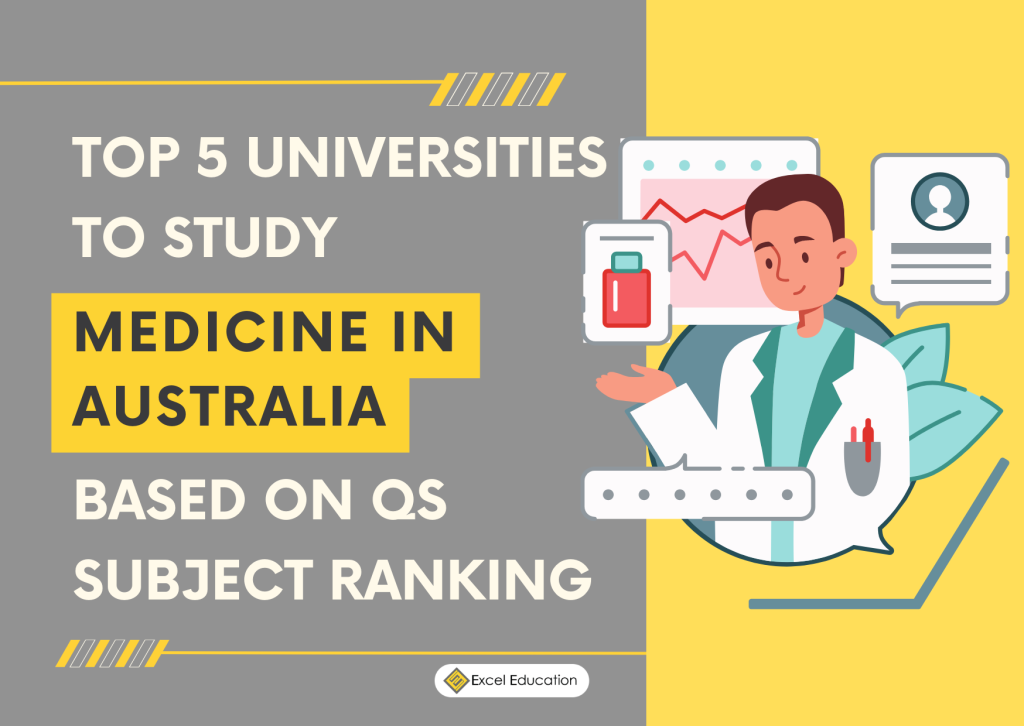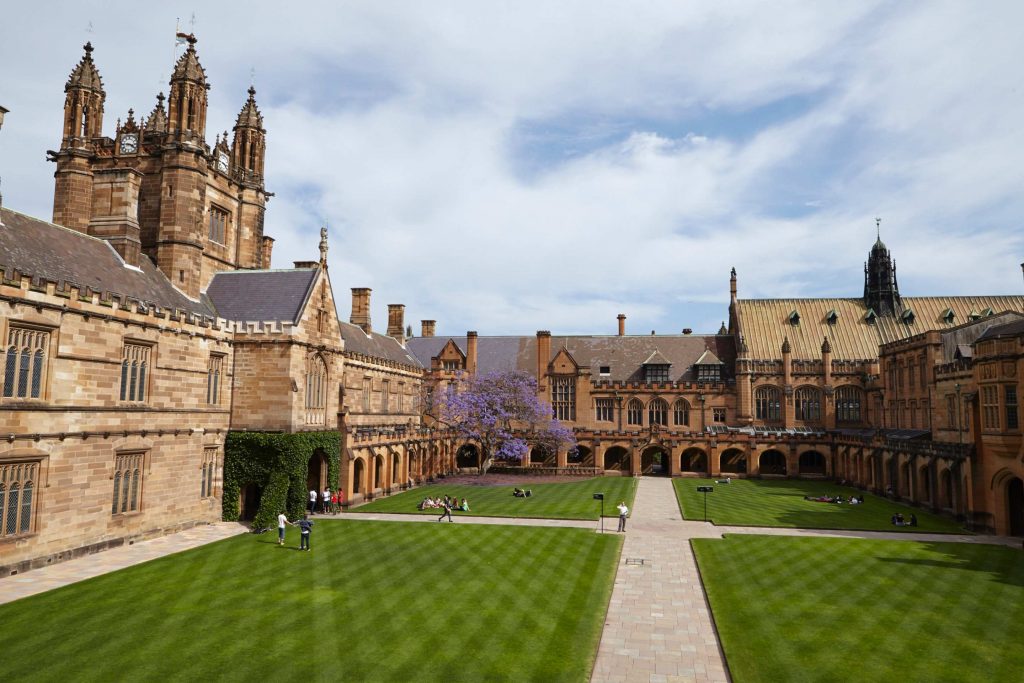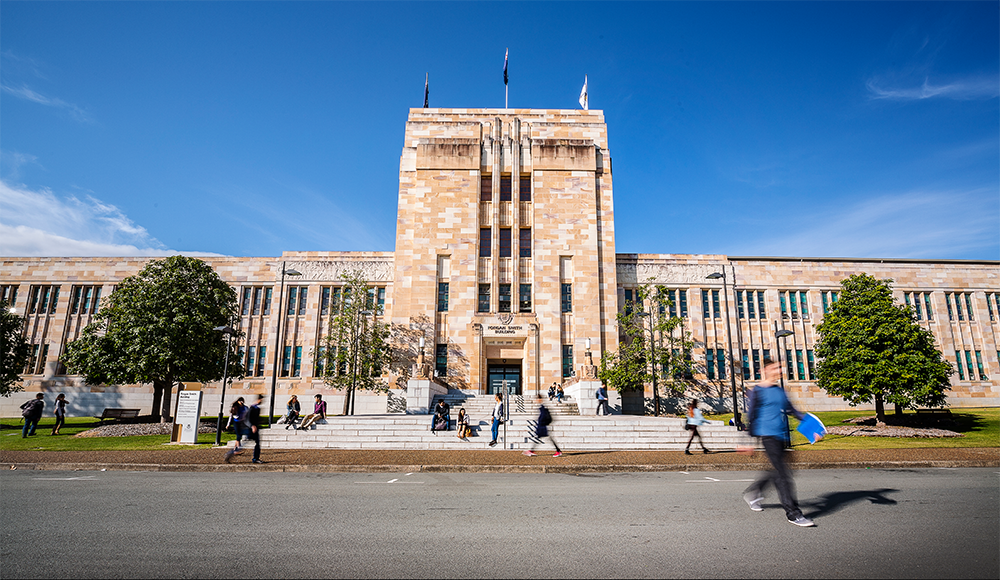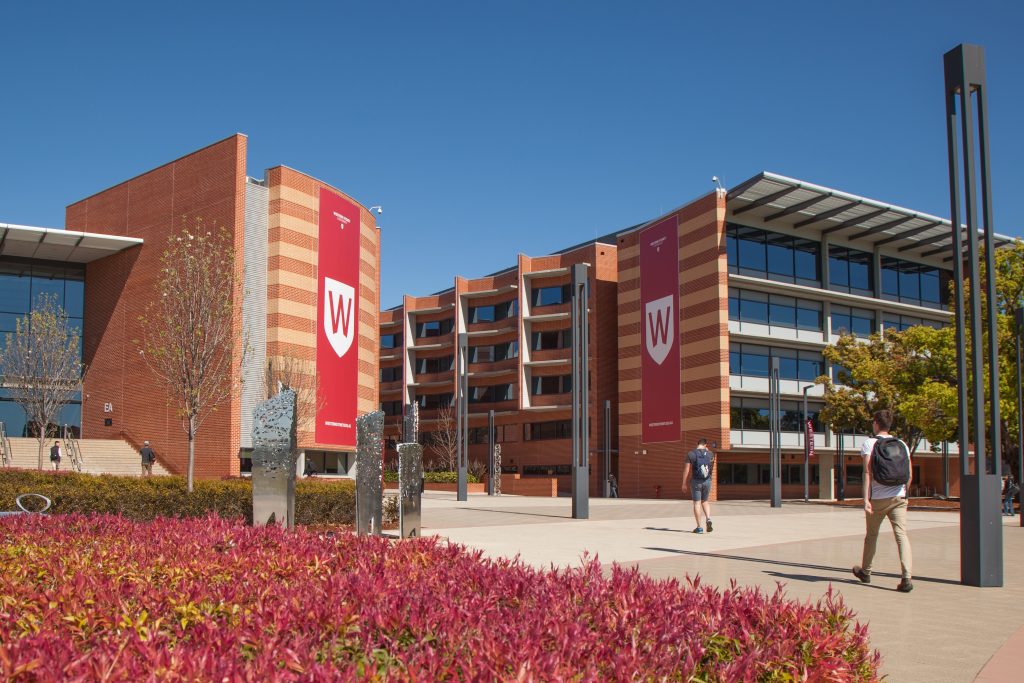
Looking for the best medical universities in Australia? You’ve come to the right place! Let’s look at notions of Medicine so you can start your journey in the noble field of healthcare!
What is Medicine?

Medicine – the field of health and healing, with goals of promoting and maintaining health as much as the wellbeing of the masses. Medicine corresponds with diagnosis, treatments, prevention, and medical research.
Professionals of the field are at the forefront of communities. These professionals include doctors, nurses, and various specialists. From treating a mild flu to performing complex surgeries, professionals of the Medicine field are responsible for providing appropriate care.
In the context of education, studying Medicine is no easy feat. Nonetheless, it is definitely rewarding! In a Medicine programme, a vast range of medical knowledge will be explored. These include human anatomy, biochemistry, medical ethics, and practical clinical skills. Pursuing Medicine academically is a good fit for those who essentially want to help others, own a deep passion for science, and are capable of maintaining grit and perseverance.
What’s more, the field of Medicine is very comprehensive. It includes a wide range of specialisations, such as internal medicine, surgery, paediatrics, orthopaedics, geriatrics, and many others. This aspect of the field allows for lifelong learning in a specialised area of interest, making Medicine stay stimulating in the long-term.
Types of Specialist Doctors

|
Type of Specialist Doctor |
Description |
|
Anesthesiologist |
Anesthesiologists are experts in monitoring or managing patient’s pain and vital signs, especially during surgery. Often, they carry out tasks such as administering pain medicine or anaesthesia. |
|
Psychiatrist |
Psychiatrists diagnose and treat mental health conditions through medication, hospitalisation, and therapy. These conditions include depression, schizophrenia, substance abuse, anxiety disorders ranging across children, adolescents, or the elderly. |
|
Radiologist |
Radiologists specialise in diagnosing diseases using medical imaging tests, where they read and interpret scans such as X-rays, MRIs, mammograms, ultrasound, and CT scans. |
|
Emergency Medicine |
Emergency Medicine Specialists, or ER (Emergency Room) Doctors, make life-or-death decisions by handling urgent illnesses or injuries in emergency rooms. |
|
Obstetricians and Gynaecologist |
Obstetricians and Gynaecologists, or OB/GYNs, are specialists in women’s health centering on reproductive health and pregnancy care. These can include infertility, cancer in female reproductive organs, as well as childbirth. |
Skills Required to Study Medicine

- Academic Aptitude
It is no secret that Medicine programmes are loaded with multiple examinations due to its huge syllabus covering various medical topics. Academic aptitude is essential precisely because of these examinations where consistent studying and revision is necessary to pass.
- Medical Proficiency
In order to succeed in studying Medicine, there is a need to have the fundamentals of Medicine down, in other words, you should have appropriate medical proficiency or knowledge. A good grasp in medical proficiency ensures quality professionals in the field of Medicine, thus guaranteeing high-quality healthcare.
- Clinical Reasoning
Clinical reasoning is a fundamental skill in Medicine relating to diagnostics, where information is gathered and analysed in order to make an informed decision. Thus, this skill is vital in Medicine in order to make accurate diagnoses and provide appropriate care.
- Resilient Passion
Medicine is known to be challenging and demanding. You’d need resilient passion in order to retain your motivation and to handle the stress that comes with studying Medicine.
- Interpersonal Competence
Interpersonal competence is integral in Medicine as tasks always include communicating with patients or other medical professionals and peers. Interpersonal competence ensures compassion, empathy, ethics, and professionalism is not overlooked.
Career Options for Medicine Graduates
Depending on decided specialisation, there are varying career options for Medicine graduates. Below are some career options for those interested in the field of Medicine:
- General Practitioner (GP)
- Anaesthetist
- Dermatologist
- Oncologist
- Paediatrician
- Psychiatrist
- Surgeon
- Prosthetic Technician
- Medical Educator
- Medical Laboratory Scientist
The reported average annual salary for a Doctor in Australia ranges from AU$135,000 to AU$155,000.
How to be a Doctor in Australia?

Buckle up! Let’s look at the rigorous journey for a rewarding career as a Doctor in Australia. Do take note this is only one general pathway to become a Doctor in Australia. It’s definitely best to do your own research to determine your pathway in becoming a Doctor in Australia.
Step 1 – Complete SPM or equivalent examinations and consequent pre-university or study programme which grants you entry into a relevant Bachelor degree programme related to Medicine.
Step 2 –Typically, you need to sit for standardised external examinations (such as UCAT, GAMSAT, ISAT, MCAT, depending on the institution you want to enrol in) as well as interviews to gain entry into a Medicine programme. Do check requirements of each institution or programme thoroughly.
Step 3 – Enrol in a Bachelor degree programme which is related to Medicine. For instance, you can enrol in programmes such as Bachelor of Medical or Health Science. This step could take at least 3 years.
Step 4 – Enrol in a Doctor of Medicine (MD) programme, which is a graduate medical degree that generally takes up 4 years.
Another pathway is to do a combination of a Bachelor of Medicine and Doctor of Medicine (MD) programme. However, this option is only viable if the institution provides it. Thorough research will greatly benefit you in deciding on which is more suited for you.
Step 5 – Upon completion of the MD programme, you would have to complete a 1-year supervised clinical experience. This step is called the intern year, where you will complete actual clinical rotations in hospitals. After, you will be granted a general medical registration through the Medical Board of Australia, which will have to be renewed annually.
Step 6 – Then, it’s time to undergo residency. This step is basically additional training as Resident Medical Officers (RMO) to better prepare for medical specialty programs. Depending on the specialty chosen, duration to complete residency may vary.
Step 7 – The final step is to obtain a Fellowship under a medical specialty training program. This final step can take up from 3 – 7 years. Though, completion grants you eligibility to independently practise medicine as a General Practitioner (GP), Specialist Physician, or Surgeon.
Medical occupations like a Specialist Physician are generally under the Medium and Long-term Strategic Skills List (MLTSSL). Medical professionals under MLTSSL have the opportunity for migration to Australia such as via the 494 subclass visa (Skilled Employer Sponsored Regional (provisional). Keep in mind there are other visa subclasses that you may apply for.
When you are eligible for permanent residency after, for instance, holding visa 494 for 3 years, you can then apply for permanent residency visa such as subclass 189 (Skilled Independent) or subclass 190 (Skilled Nominated). The choice of visa may vary from occupation, eligibility, regional preference, and wish to acquire permanent residence.
General Entry Requirements to study Medicine in Australia
Depending on the enrolled institution or programme, there may be different additional requirements on top of academic and language requirements.
Academic Entry
Academic Entry | Minimum Score |
STPM | Aggregate of 16 |
Matriculation | Aggregate of 9.67 |
A-Levels | Aggregate of 12 |
UEC | Aggregate of 20 (Best 5 Subjects) |
IB Diploma | 29 |
Australian Matriculation (ATAR) | 80 |
Canadian Pre-University (CPU) | 68.75 |
Note: Universities may have different requirements. To learn more, get in touch with us!
English Language Entry Requirements
|
Entry Level |
Minimum Score |
|
IELTS |
7.0 |
|
TOEFL |
92 |
|
Pearson Test of English (PTE) |
65 |
Note: Universities may have different requirements. To learn more, get in touch with us!
Top Universities to Study Medicine in Australia
1. University of Sydney (USYD)

The University of Sydney, known as USYD, was founded in 1850. The University of Sydney was ranked 19th among universities globally in 2024 and is also a member of the Group of Eight (Go8) network, making it an internationally commendable study destination choice.
Medicine programmes at the University of Sydney are acclaimed programmes proven through their rankings. USYD’s Medicine programmes stands at the second spot among universities in Australia and in the top 30 among universities worldwide, ensuring holistic Medicine education for those wanting to be professionally involved in healthcare.
Programme Offered | Bachelor of Science and Doctor of Medicine |
Duration | 7 Years |
Intake | February |
Indicative Fees (2024) | International Students: AU$532,00 |
Contact us right now for a free consultation if you’d like more details about the costs, the format of the programme, and the entry requirements!
2. University of Queensland (UQ)

The University of Queensland, commonly referred to as UQ, is a prominent public research university with its main counterpart in Brisbane. The University of Queensland was established in 1909 with unwavering academic dedication awarding the university in the top 50 among universities worldwide for the year of 2024.
The University of Queensland offers esteemed Medicine programmes, as they have been ranked in the fifth spot among universities in Australia for the Medicine subject in 2024. Prospective medical students will gain access to UQ’s wide healthcare network as well as their advanced clinical institutes, medical facilities, and research centres, making studying Medicine at UQ very noteworthy.
|
Programme Offered |
Duration |
Intake |
Indicative Fees (2024) |
|
Bachelor of Health Sciences |
3 Years |
February, July |
International Students: AU$134,880 |
|
Doctor of Medicine |
4 Years |
January |
International Students: AU$367,276 |
Contact us right now for a free consultation if you’d like more details about the costs, the format of the programme, and the entry requirements!
3. Griffith University

Griffith University is a public research university established in 1971 with five campuses throughout Australia. Griffith is known for their diverse student community as well as their academic prominence based on their place in the top 20 among universities in Australia for the year of 2024.
Griffith University offers world-class Medicine programmes proven through their rank in the top 15 among Australian universities for the Medicine subject in 2024. Griffith’s Bachelor of Medical Science provides the opportunity for prospective medical students to directly progress into their Doctor of Medicine programme. Meaning, students can complete their Medicine degree journey in 6 years.
|
Programme Offered |
Duration |
Intake |
Indicative Fees (2024) |
|
Bachelor of Medical Science |
2 Years (3 Years equivalent) |
March |
International Students: AU$109,500 |
|
Doctor of Medicine |
4 Years |
March |
International Students: AU$310,000 |
Contact us right now for a free consultation if you’d like more details about the costs, the format of the programme, and the entry requirements!
4. James Cook University (JCU)

James Cook University, or JCU, is a public higher education learning institution established in 1961. JCU is known as the second oldest university in Queensland driven by the belief aiming to empower students for them to realise their potential and contribute to communities and society as a whole.
The Bachelor of Medicine, Bachelor of Surgery programme at James Cook University offers their students hands-on learning, where clinical placements are embedded in the programme. Student learning will also be done in advanced facilities allowing for simulated medical scenarios with volunteer patients.
|
Programme Offered |
Bachelor of Medicine, Bachelor of Surgery |
|
Duration |
6 Years |
|
Intake |
February |
|
Indicative Fees (2024) |
International Students: AU$401,760 |
Contact us right now for a free consultation if you’d like more details about the costs, the format of the programme, and the entry requirements!
5. Western Sydney University (WSU)

Western Sydney University, abbreviated as WSU, is a multi-campus public research university with history dating back to the year 1989. In the year 2024, WSU is listed among Australia’s top 20 universities for the subject of Medicine.
The Bachelor of Clinical Science (Medicine) / Doctor of Medicine (MD) is a joint Medicine programme offered by the Western Sydney University. In the programme, you will gain clinical experience as early as the first week where you will interact with real patients, boosting your confidence in becoming a medical professional. For a comparatively affordable Medicine programme, WSU is your answer.
|
Programme Offered |
Bachelor of Clinical Science (Medicine) / Doctor of Medicine (MD) |
|
Duration |
5 Years |
|
Intake |
February |
|
Indicative Fees (2024) |
International Students: AU$380,600 |
Contact us right now for a free consultation if you’d like more details about the costs, the format of the programme, and the entry requirements!
For more information regarding the university, programs offered, entry requirements and fees, contact Excel Education.
About The Author

Hannah Hir
Hannah appreciates various art forms, especially Asian literature, film and music. Most of her favorite Malaysian kuihs are green-coloured.

